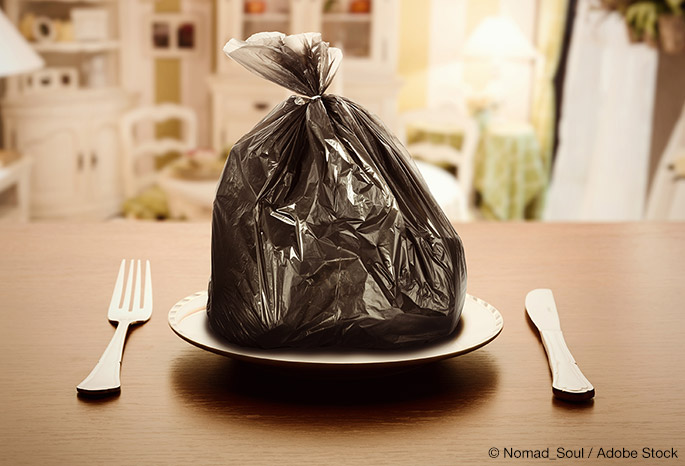
The Food and Agriculture Organization of the United Nations tell us that approximately 40 percent of food in the U.S. goes to waste.
The Environmental Protection Agency tells us that in the United States, 97% of this food waste (34.7 million tons of food in 2012) ends up in landfills, where it quickly produces methane gas at the rate of 3.8 tons of greenhouse gas emissions per ton of food waste. Methane gas is the most potent of the greenhouse gases, 21 times more potent than CO2.
A recent Washington Post article demonstrates just how big this problem is. Since 1974, per capita food waste has almost doubled, producing more waste volume than plastic, paper, metal, wood, glass or rubber. 52% of the food waste is fruit and vegetable waste; with the remainder as seafood, grains, meat, and milk.
These numbers are more stunning when we realize that 48.1 million Americans live in food insecure households, including 32.8 million adults and 15.3 million children. Let’s think about that for a moment.
A report from the USDA tells us that the average American eats 1,996 pounds of food per year, almost a ton. That puts the average American at about 2,700 calories per day, 700 calories more than most of us need for optimal health with our current lifestyle, and that’s obvious. In addition, way too much of that waste is refined carbohydrate, cheese, meats and sugar (141 pounds of sugar).
Let’s say that what a person requires is more like 1,500 pounds of food per year, ideally mostly plant food. We have 50 million who are food insecure. If each of them had 1500 pounds of food per year, that would require 37.5 million tons of food. And we waste 35 million tons. If we were to adjust our eating for our health, either we’d change our agricultural practices, perhaps in a way that helps the environment, or we’d have even more “waste” to give away to those who need it.
Many who have studied the problem recognize that feeding the poor is not just about providing more money. It’s about adjusting national priorities and rethinking our food agricultural and food supply system. France recently passed a law about supermarket waste. We must all develop a new consciousness, a consciousness more like our grandparents and great grandparents, the ones who saved every little piece of string or foil.
Eliminating the food waste problem helps the environment, serves the poor and can improve our health. But meaningful change requires participation from everyone. Reduce, recycle, repurpose. Before you buy, consider how much you really need. If you do end up with too much, think about how you can recycle or repurpose it. Get active: talk with your office, your local supermarkets, restaurants and wider community about projects to curtail food waste or redistribute the unused food. Make the world a better, less wasteful place!




































































































































 Three Ways to Engage Teams and Clients to Maximize Your Recycling Program Engagement
Three Ways to Engage Teams and Clients to Maximize Your Recycling Program Engagement  How to Integrate Accessibility Into Your Sustainability Planning
How to Integrate Accessibility Into Your Sustainability Planning  Why Park Benches Can Promote Workplace Well-Being
Why Park Benches Can Promote Workplace Well-Being 
